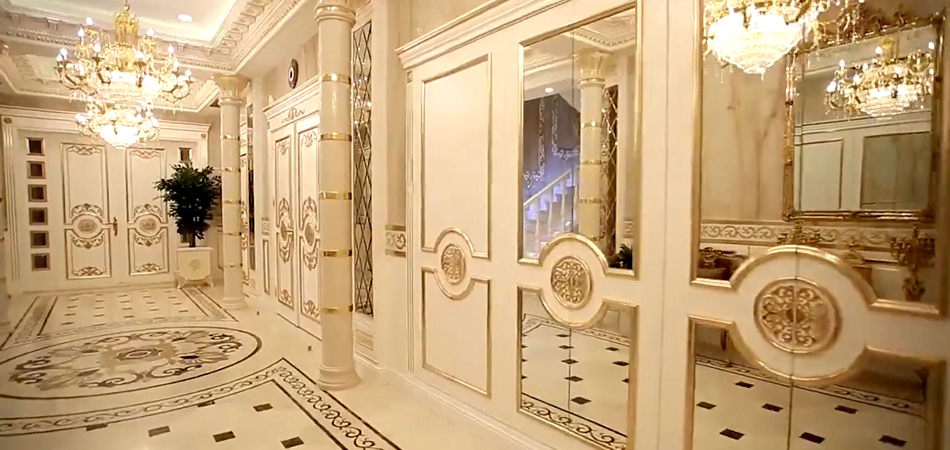
As Turkmenistan’s People go Hungry, President’s Nephew Profits off Food Imports
13.05.2021
Citizens of gas-rich, isolated state subject to food shortages and human rights abuses
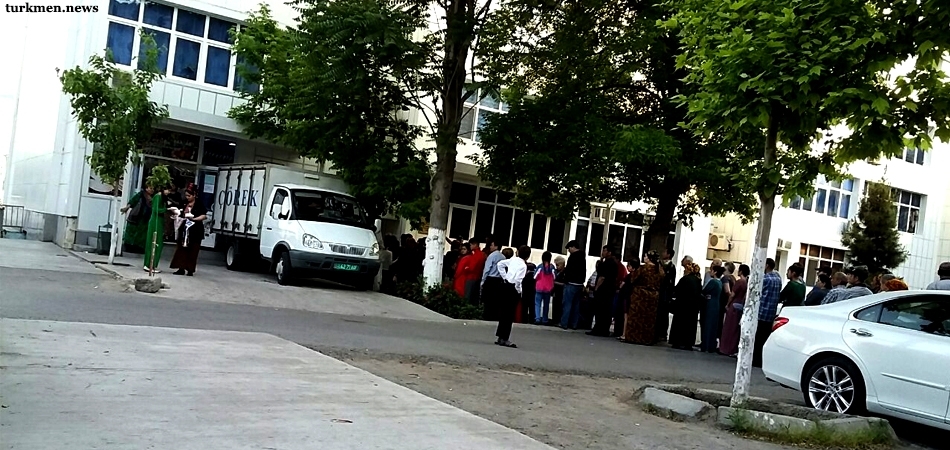
Investors and governments should stop cosying up to gas-rich Turkmenistan, according to a new report that describes the central Asian hermit state as “a country teetering on the edge of catastrophe”.
Turkmenistan, second only to North Korea in the scale of its isolation and leadership cult, has long been courted by western governments eager to tap into its gas reserves and associated wealth. The country is thought to possess about 10% of the proven global reserves of natural gas, but is currently in the midst of an economic crisis.
“Hunger and hyperinflation are being managed by further increasing the scale of human rights abuse and the level of intrusion into people’s lives,” says the report by the British thinktank the Foreign Policy Centre, which will be launched in parliament on Monday evening.
Its author, FPC director Adam Hug, said Turkmenistan was the worst country in the region “in terms of the depth and breadth of repression”, and said foreign investors should think twice before associating themselves with the country.
A typical evening on Turkmen state news might see the president shooting at targets or throwing knives with extreme precision, or perhaps hitting a hole in one on a newly opened golf course. He is usually encouraged by an entourage of enthusiastically applauding officials. Cabinet meetings can involve ministers bowing heads and applauding while the president lifts weights made from solid gold.
Berdymukhamedov has awarded himself the honorific title “People’s Horse Breeder” and in 2015 unveiled a golden statue of himself atop a horse in Ashgabat, the country’s capital. In recent years, he has given his musical talents space to breathe, appearing on television playing the guitar, singing songs about horses, or rapping while his grandson sings along.
However, observers say the laughter around Berdymukhamedov’s personality cult distract from a grim and quickly worsening economic situation inside the country, while foreign leaders and investors attempt to ignore both.
Last week, the EU’s foreign policy representative, Federica Mogherini, was in Ashgabat to announce the opening of a diplomatic mission to the country, and made no mention of human rights concerns, while Britain has made trade promotion the centrepiece of its diplomatic engagement with Turkmenistan.
Ruslan Myatiev, editor of the independent news and human rights organisation turkmen.news, which is based in the Netherlands, said there have been “increasing reports of food shortages from sources inside the country”, as gas prices go down and the government continues to spend money on a series of ill-advised vanity projects, such as an enormous new airport that serves very few flights.
The report said risks for foreign investors include “the whims of the president leading to arbitrary behaviour by a sclerotic bureaucracy, a high risk of non-payment for goods or services, endemic corruption … and reputational risks from being associated with severe human rights abuses”.
The government allows no free media or independent activists, and access to the internet is tightly controlled. There is only one, state-run, mobile network provider, which has a long blacklist of news websites. The government also blocks access to most VPN providers, making it hard to get around the regulations.
Myatiev said that, despite the government control, most people in Turkmenistan are under no illusions about the country they live in. He said, however, he did not expect to see large protests any time soon, with people who can afford it preferring to leave the country instead.
“There is no opposition leader, and even if there was one, they would have no channel to communicate with the people,” he said, adding that a “palace coup” among members of the elite dissatisfied with the lavish lifestyles of the president’s closest circle is a more likely scenario.
Original piece published in The Guardian on July 14, 2019
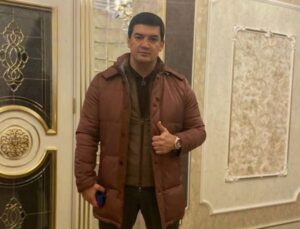
Upmarket Bar in Ashgabat Closed After Brawls Involving President’s Cousins
08.04.2024
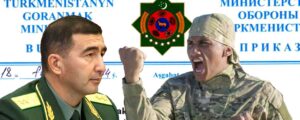
Turkmenistan’s Defense Minister Deprived Officers From Housing Entitlement Despite Widespread Resignations
28.02.2024
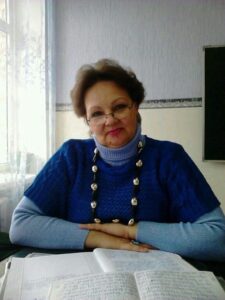
Murder and Suicide at Troubled Turkmen School
28.02.2024
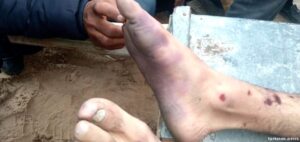
Turkmen Prosecutor’s Office Claims Baloch Detainee’s Fatal Wounds Were Self-Inflicted
01.02.2024

Young Man Tortured to Death by Law-Enforcement Officers in Turkmenistan (video)
21.12.2023
Tell us!
Add comment
your e-mail will not be published